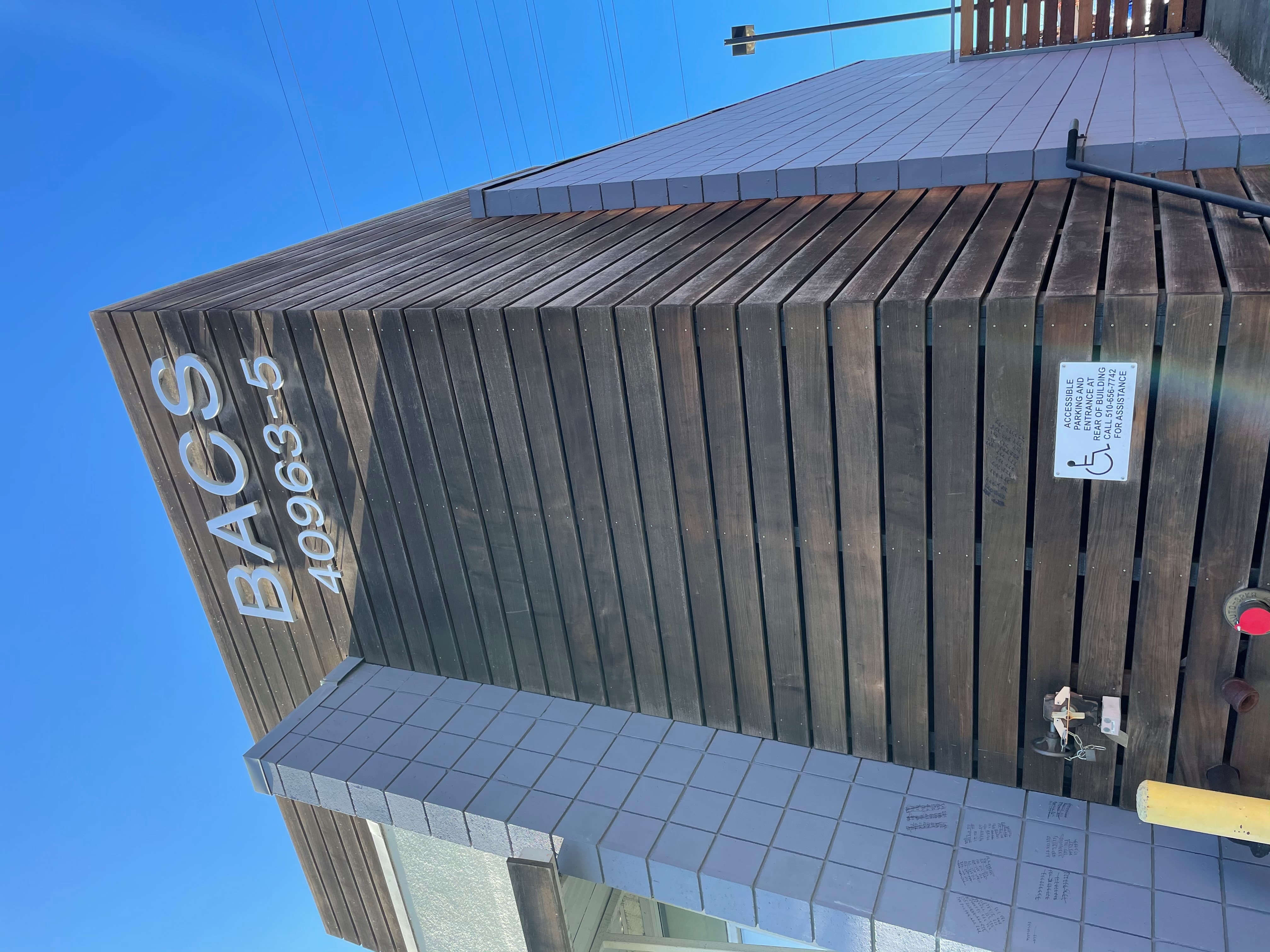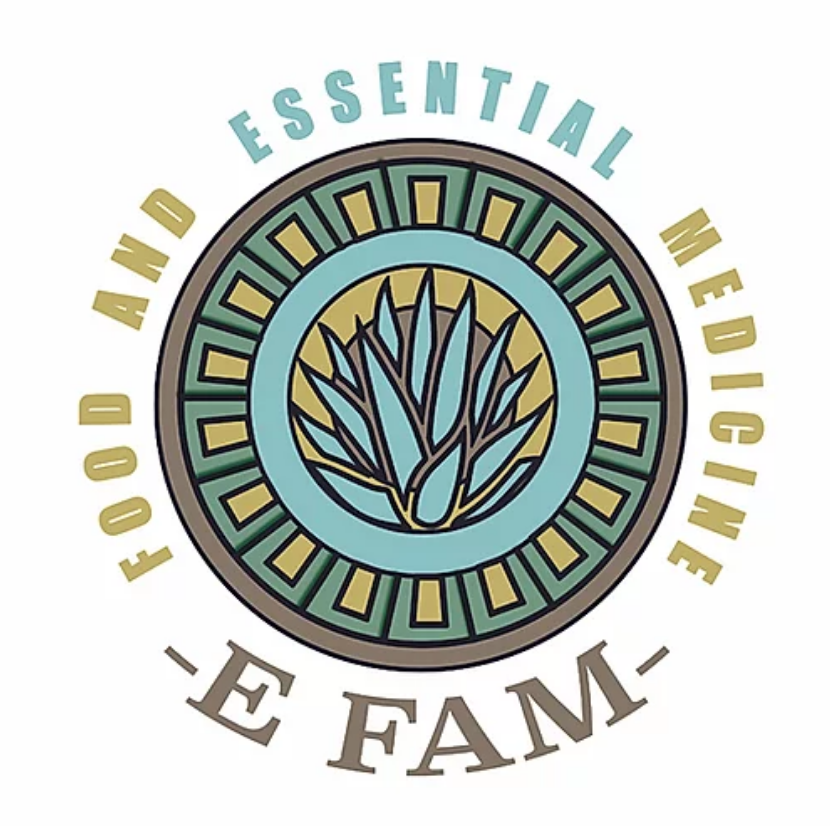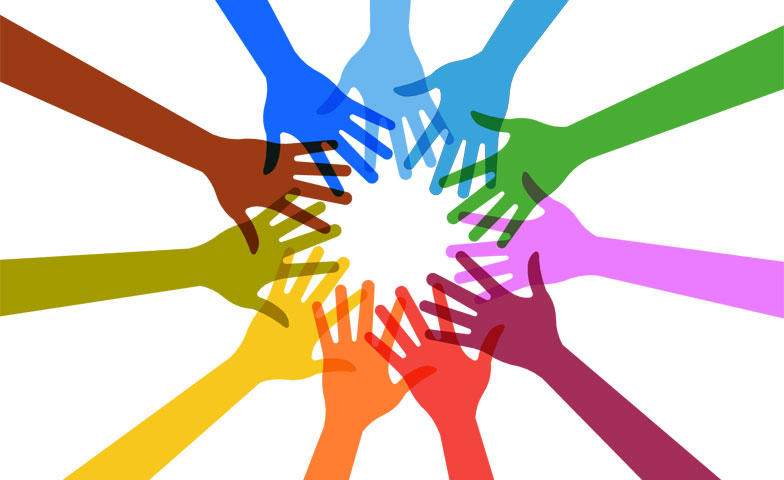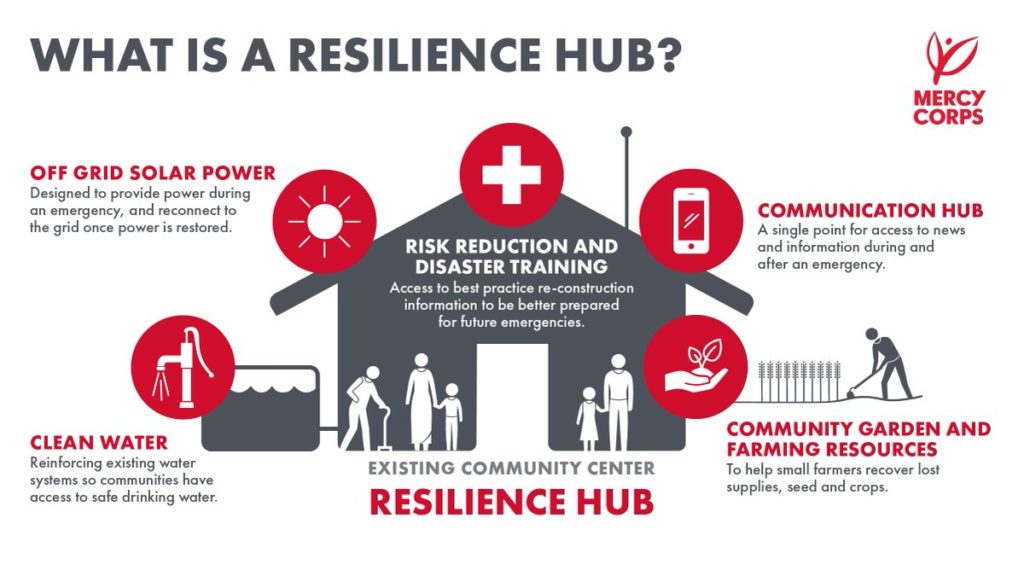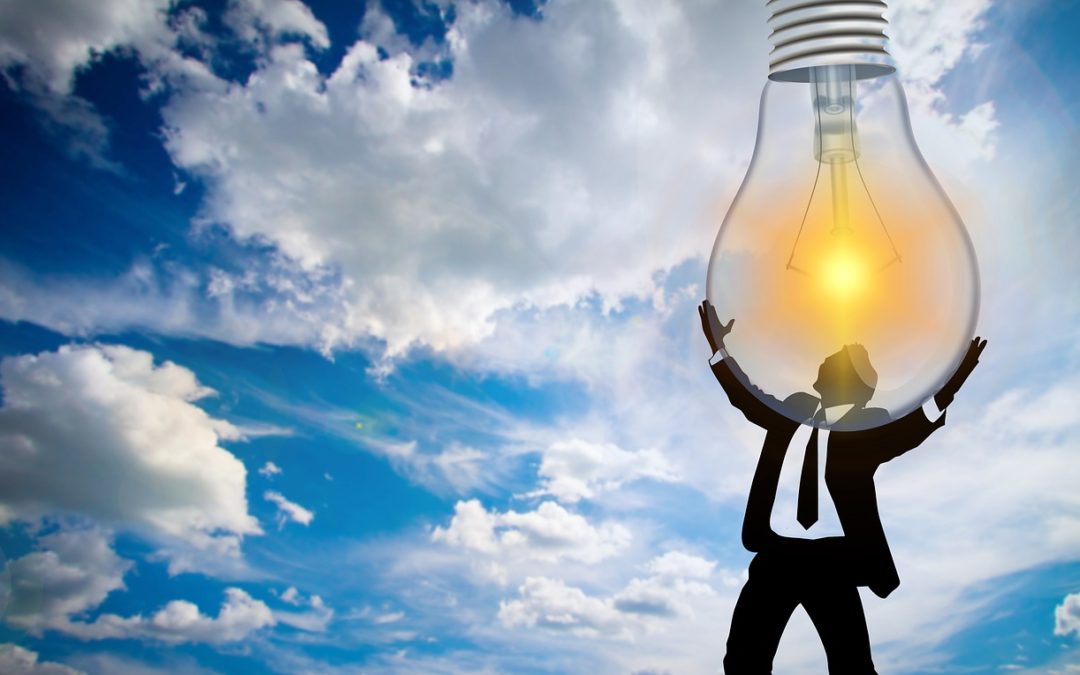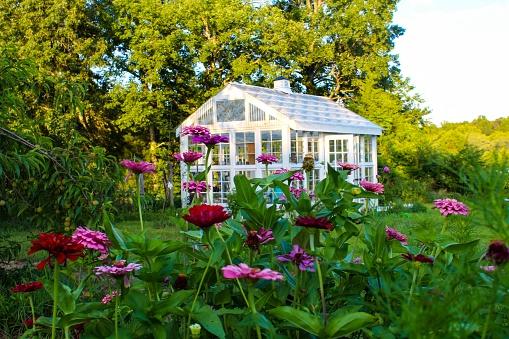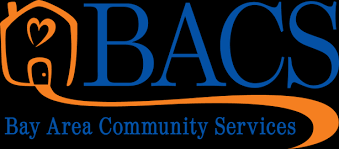
BACS Fremont Wellness Center
In this interview, NorCal Resilience Network intern Emily Zou spoke with Astrid Scott, the program manager at the Fremont Wellness Center, which is an arm of the Bay Area Community Services. Scott’s passion for serving the community is clear, and she is insistent on continuing the work for those who need it most. According to their last quarter report, the Fremont Homeless Wellness Center provided carry out meal services to approximately 30-50 individuals on a daily basis. The Wellness Center also provides every participant with masks, gloves, face shields and hand sanitizer. The Fremont Wellness Center is also looking ahead, and preparing the Fremont community for imminent wildfires. Last summer, five of the largest wildfires in California history raged across the West Coast. The smoke from the fires would create apocalyptic landscapes, and also send the AQI (Air Quality Index) skyrocketing to dangerous levels. Given that, this year, California’s rainy season is starting nearly a month late, it is likely that we will see more wildfires this year. The effects of global climate change are starting to manifest. The Fremont Wellness Center is providing support for the most vulnerable communities in the face of climate catastrophe.
Astrid scott, BACS Wellness center coordinator
Q: So, can you tell me, in a nutshell, what the Fremont Wellness Center does?
Scott: Pre-COVID, we were a wellness center set up to help anybody in the community, and we were a safe space for people to come in here and get meals. We have a kitchen, so we make meals, we also have a computer lab so that people can apply for jobs online. We have groups that teach skills such as anger management, and we also have substance abuse programs. A lot of people who come into the community are homeless, so we have a program that helps with housing. We help them get on the waiting list for section 8, or people who don’t really know how the system works (CEA). Our hours were extended from 8AM-8PM, 7 days a week, so people can drop by for any resources they need. We have showers, a food pantry, a clothing pantry, we also have a program where people who have pets can come in here and pick up pet food. We work with a nonprofit that helps people with pets. That was before.
Since shelter-in-place, we had to close down our community room and computer lab and limit the people who come in. As of now, what we’re doing is that people call in and schedule a time to shower. They either let us know if they need clothing or a hygiene kit and we help them. Once they’re inside, they have to call and make an appointment. Since our kitchen is closed, we’ve linked up with local groups focused on food recovery, so they pick up meals from Kaiser meals and share them with us so we share them with the community. We also work with volunteers in the Fremont area, there’s a group called Feeding the Hungry that we work with. There’s a kitchen in Milpitas that still has a kitchen, and they drop off meals three times a week. It’s been a huge help, since we’re able to provide those meals to the homeless community and the increasing amount of families who need food. Since shelter-in-place, we didn’t get a lot of families since our program is adult only. We tailor our services, such as grocery box giveaways. We’re trying to serve our community based on what they need right now.
Q: Why is the center interested in becoming a resilience hub?
Scott: Part of it was, on a personal level, at the beginning of shelter in place, I felt unprepared like everyone else did. What can I do? How can I best serve the community? How can we be more knowledgeable in these kinds of situations because we don’t know what’s going to happen in the future. Back in April, we started going through our emergency kits and all of that stuff expired. We need to learn more about this. The services we provide might not look like this in a couple a months, and we need to keep up with what the Fremont community really needs.
Q: You talked about being prepared, what other events that you feel like you need to be prepared for?
Scott: Something my team has been talking about is the heat wave that is coming in the summer. We’re also thinking about other natural disasters, but based on the patterns that I’ve seen, I know that the needs during the summer. Is there a space that we can provide a cooling station? We’ve been really thinking along those lines.
Also, last summer, when we had the air quality issues, we didn’t have the resources to be an air quality center, which would have been ideal. So if anything like that happens this summer, we want to be prepared, and we want to be able to provide that service. We also want to become a vaccination site. We work with the city of Fremont to do testing with the fire department, so anything to provide the best services that we can.
Q: Why do you do this work? Why do you think it’s important?
Scott: Basically, I feel that it’s a really fulfilling job for me, and by working with BACs and being involved, I’ve seen so many people succeed and their lives change. That’s why I do this. I believe that there are people capable of changing and there are so many people who have lost hope, and we’re here to provide hope.
Q: What does the future look like for BACs and the Wellness Center?
Scott: BACS has not stopped going into the community, BACS has not stopped reaching out to people who need to get tested and vaccinated. The way we’re headed is to continue providing and to not take a back seat. If you think about it, all of the social services offices are closed, and there’s no way for people to get phones anymore, they have to be on the phone for hours and hours to get their stimulus check. The library is closed, and you can’t apply for a job online. So, a lot of our employees are providing services and meeting people where they’re at. As far as the wellness center here in Fremont, depending on what the CDC says, it depends on when we’ll open our doors. There’s a lot to think about.
The Fremont Wellness Center hopes to be a resource for the communities most vulnerable to global climate change in the coming months. As is evidenced by their adaptive COVID-19 response, they have been able to meet people where they are at, and they will continue to do so.